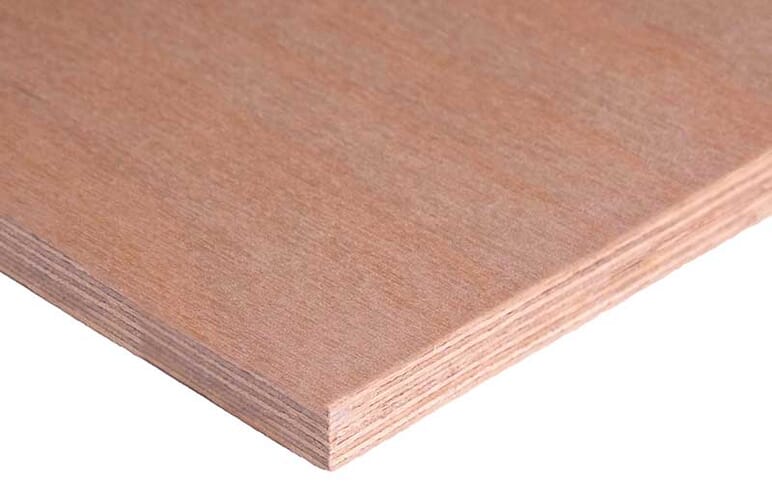Blog
PF Plywood

PF Plywood
PF Plywood is a grade of plywood which is made by bonding several layers of veneers using a resin called Phenol Formaldehyde (PF). And hence the name, PF plywood.
1. PF plywood stays unaffected when it comes in contact with water and other liquids.
2. It is highly resistant to boiling water or any liquids with a high degree of temperature.
3. It can withstand moisture, humidity, and dampness.
4. It can bear dry heat.
5. It shows damage resistance and remains unaffected by termites and insects.
6. It is stable in all weather conditions and so has good dimensional stability.
7. It is available in different sizes as well as different thicknesses
In this study, it was aimed to use of bio-oil as an alternative to petroleum–based phenol in the production of phenol-formaldehyde (PF) resin used for making exterior plywood.Bio-oil obtained from pine wood sawdust using a vacuum pyrolysis reactor at 500 °C. The PF resol resins were produced by substituting up to 20 wt% of phenol with bio-oil by modifying the chemical synthesis process. FT-IRanalysis was performed to characterizethe organic functional groups in the bio-oil modified PF resins. In comparison to the commercial and lab-made PF resins, the bio-oil modified PF resins were found to have larger average molecular weights, higher polydispersity indices, and shorter gel times. Six different types of plywood panels were produced from the experimental PF resins which were commercial PF resin, lab-made PF resin, and PF resins modified with bio oil of 5, 10, 15 or 20 wt% contents, respectively. Plywood specimens produced with the PF resin modified with bio-oil up to 20 wt% had better tensile shear strength (wet condition), modulus of rupture, and modulus of elasticity in bending as compared to the commercial and lab-made PF resins.
Phenol formaldehyde (PF) resol resins are made from formaldehyde and phenol in the presence of an acid or a basic catalyst. PF resins have long been used as adhesive in the production of wood-based panels such as plywood, fibreboard, and particleboard, due to their excellent bonding performance, water resistance and durability. More than 95% of phenol all over the world, the primary component in PF resins, is made from petroleum-derived benzene (YI et al., 2012). Its price and availability are linked to fluctuations of petroleum price. Due to growing concern for environmental pollution, reduction of availability of fossil energy resources (petroleum and coal)

